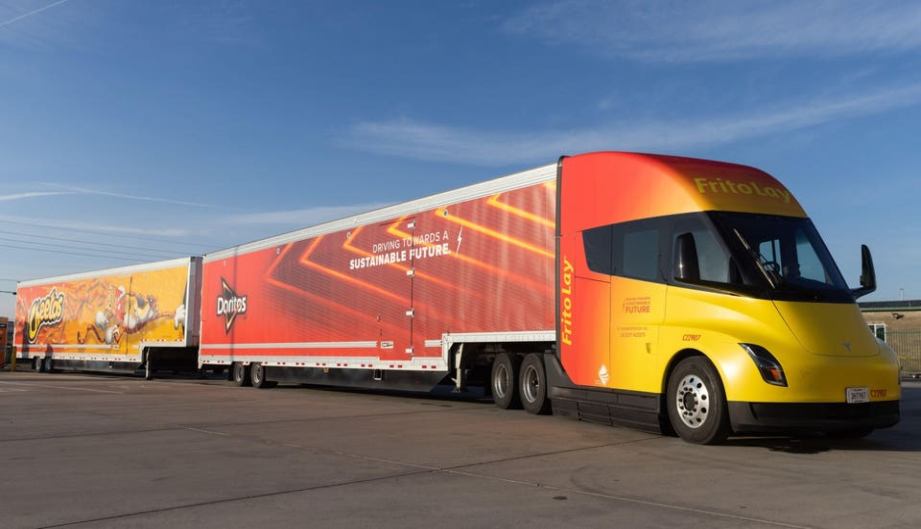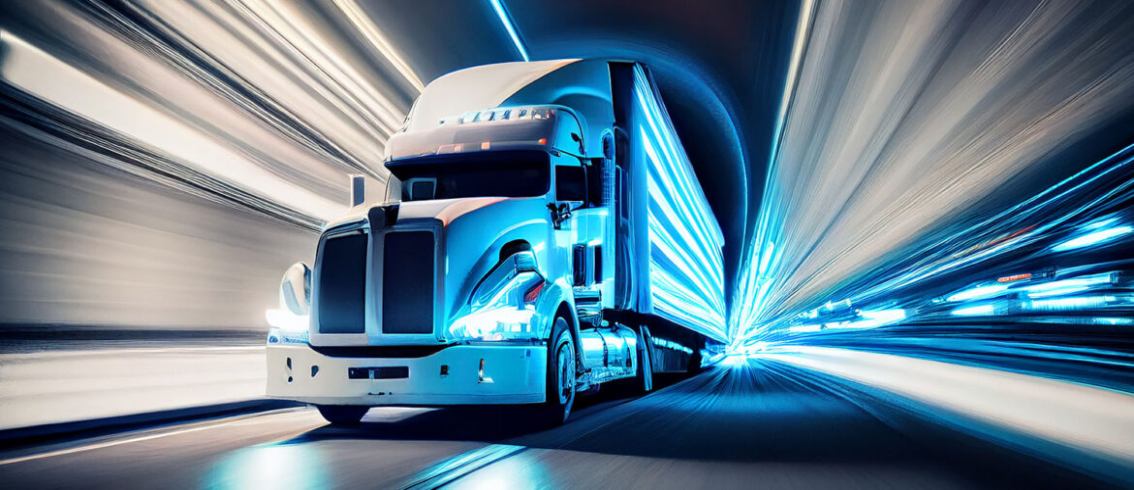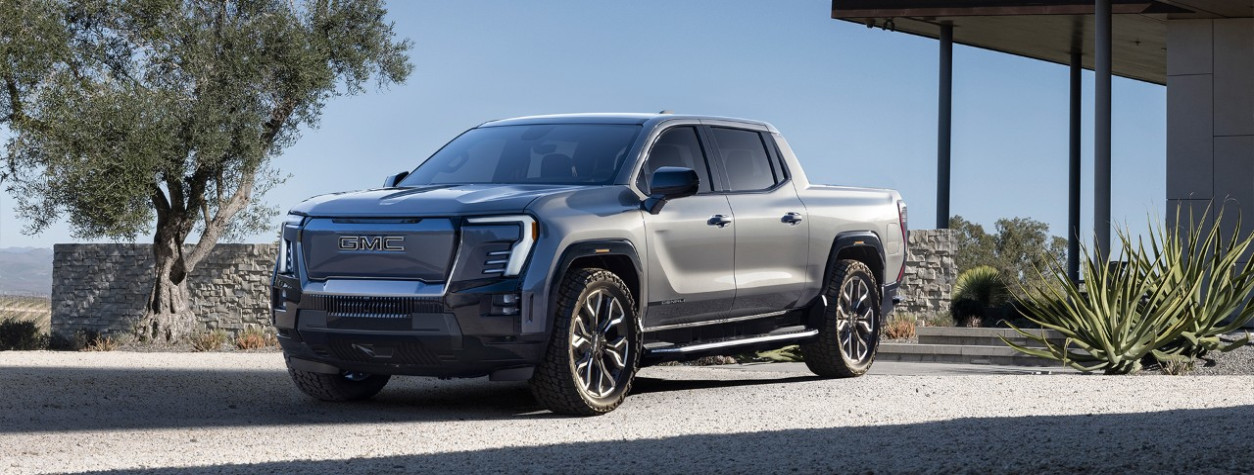The Future of Trucking
The world of transportation is undergoing a seismic shift. Electric trucks are no longer a far-off dream but a burgeoning reality. What was once the domain of science fiction is now cruising down highways and byways, challenging the very essence of the trucking industry. But what does this mean for the future?
Why Electric Trucks?
The first question on many minds is simple: Why make the switch? The answer is multifaceted. For one, electric trucks boast zero emissions, making them a sustainable choice. Traditional diesel trucks emit CO2 and other harmful pollutants, contributing to climate change and air quality issues. Electric trucks offer a cleaner, greener alternative.
Moreover, electric trucks promise lower operational costs. With fewer moving parts, there’s less that can go wrong. Maintenance becomes more straightforward and cheaper. And let’s not forget about fuel savings. Charging an electric vehicle is generally less expensive than filling up a diesel tank.
Another compelling reason is the reduction in dependency on fossil fuels. The volatility of fuel prices can significantly impact the bottom line for trucking companies. Electric trucks, powered by electricity that can be generated from renewable sources, offer a more stable and predictable cost structure. This financial predictability can make a significant difference for companies operating large fleets.
The Players in the Game
Several companies are leading the charge in the electric truck revolution. Tesla, with its Semi, has captured imaginations and headlines. But they aren’t alone. Rivian, Nikola, and traditional truck manufacturers like Volvo and Daimler are all investing heavily in electric technology.

Each of these companies brings something unique to the table. Tesla offers advanced battery technology and an extensive Supercharger network. Rivian emphasizes adventure and utility, aiming to create trucks that are as comfortable off-road as they are on it. Nikola focuses on hydrogen-electric hybrids, hoping to extend the range of electric trucks even further.
On the other hand, Volvo and Daimler are leveraging their extensive experience in the trucking industry to create robust and reliable electric trucks. Volvo’s FL Electric and FE Electric models are already being used in Europe for urban distribution and refuse operations. Daimler’s Freightliner eCascadia and eM2 models are undergoing rigorous testing in real-world conditions, promising to bring heavy-duty electric trucks to the market soon.
Challenges and Solutions
While the benefits are clear, the road to widespread adoption is not without its bumps. One of the most significant challenges is range. Diesel trucks can travel long distances on a single tank of fuel. Electric trucks, on the other hand, are limited by current battery technology. Charging infrastructure is another hurdle. While urban areas may have ample charging stations, rural routes often do not.
But these challenges are not insurmountable. Battery technology is improving rapidly. Companies are investing in longer-lasting, quicker-charging batteries. Governments and private enterprises are working to expand charging infrastructure, making it more accessible to long-haul truckers. Moreover, some companies are exploring hybrid models that incorporate both electric and diesel engines to extend range while reducing emissions.
Another promising solution is the development of swappable battery systems. This approach eliminates the downtime associated with charging by allowing drivers to swap out depleted batteries for fully charged ones at designated stations. Companies like Nio in China are already implementing this technology for passenger vehicles, and it could be a game-changer for the trucking industry as well.
Regulatory Support
Governments around the world are also playing a crucial role. Many countries offer incentives for electric vehicle purchases, including trucks. These incentives can range from tax breaks to direct subsidies, making the switch more financially viable for businesses. Regulations are also tightening on emissions, making it more expensive to operate traditional diesel trucks.

In some regions, low-emission zones are being established. Only electric or hybrid vehicles are allowed in these areas, pushing companies to adopt cleaner technologies. The combination of regulatory pressure and financial incentives is accelerating the shift towards electric trucks.
Additionally, international collaborations and agreements are setting the stage for a global transition. The Paris Agreement, for instance, has motivated countries to set ambitious targets for reducing greenhouse gas emissions. This global commitment is trickling down to the transportation sector, with many countries setting deadlines for phasing out internal combustion engine vehicles, including trucks.
Impact on the Trucking Industry
The rise of electric trucks will have profound implications for the trucking industry. For one, it will change the skills required for maintenance and repair. Mechanics will need to understand electric drivetrains and battery technology. This shift will necessitate new training programs and educational initiatives.
Additionally, the trucking industry may see changes in fleet management. With electric trucks, companies can leverage data to optimize routes and charging schedules. This data-driven approach can lead to more efficient operations, reducing downtime and increasing profitability.
The integration of advanced telematics will also play a crucial role. These systems can monitor battery health, predict maintenance needs, and provide real-time data on vehicle performance. This level of insight can help fleet managers make informed decisions, further enhancing the efficiency and reliability of electric trucks.
Environmental Benefits
The environmental impact cannot be overstated. Electric trucks offer a significant reduction in greenhouse gas emissions. This reduction is crucial in the fight against climate change. Cleaner air means healthier communities, particularly in areas near major shipping routes or distribution centers.
Moreover, electric trucks operate more quietly than their diesel counterparts. This noise reduction can improve the quality of life in urban areas, where noise pollution is a growing concern. The combination of reduced emissions and noise makes electric trucks a win-win for both the environment and society.
Furthermore, the shift to electric trucks can reduce the environmental impact of the entire supply chain. From the manufacturing process, which can be powered by renewable energy, to the end-of-life recycling of batteries and components, the entire lifecycle of electric trucks can be more sustainable compared to traditional diesel trucks.
Consumer Demand
Consumers are more environmentally conscious than ever. This shift in consumer behavior is influencing businesses to adopt more sustainable practices. Companies that can tout a fleet of electric trucks may find themselves more attractive to eco-conscious consumers. This demand for sustainability is not just a trend; it’s becoming a standard.
Businesses are also recognizing the long-term cost benefits. While the initial investment in electric trucks can be high, the savings in fuel and maintenance over the vehicle’s lifetime can offset these costs. This financial incentive, combined with consumer demand, is driving the adoption of electric trucks at an unprecedented rate.
Moreover, companies are increasingly being held accountable for their environmental impact by investors and stakeholders. Corporate sustainability reports are becoming a norm, and having a fleet of electric trucks can significantly boost a company’s green credentials. This, in turn, can lead to increased investor confidence and potentially higher stock valuations.
The Road Ahead
The future of trucking is electric. As technology advances and infrastructure improves, the barriers to adoption will continue to fall. The benefits — from environmental impact to operational savings — are too significant to ignore. The electric truck revolution is not just a possibility; it’s an inevitability.
As we look ahead, it’s clear that the trucking industry is on the cusp of a transformative change. The shift to electric trucks promises to reshape the landscape, offering a cleaner, more efficient future. It’s an exciting time for the industry, and the road ahead is full of possibilities.
The role of renewable energy in charging electric trucks cannot be overlooked. Solar, wind, and other renewable energy sources can power the charging infrastructure, making the entire ecosystem even more sustainable. This integration can create a virtuous cycle where the transportation sector helps drive the growth of renewable energy, further reducing our reliance on fossil fuels.
Public-private partnerships will be crucial in this transition. Collaborations between governments, private companies, and research institutions can accelerate innovation, develop new technologies, and build the necessary infrastructure. These partnerships can also help in creating standardized regulations and guidelines, ensuring a smooth and coordinated shift to electric trucking.
- Zero emissions
- Lower operational costs
- Improved battery technology
- Government incentives
- Reduced noise pollution
- Enhanced fleet management
- Investor confidence
- Integration with renewable energy
The electric truck revolution is here, and it’s driving us towards a brighter, more sustainable future.










